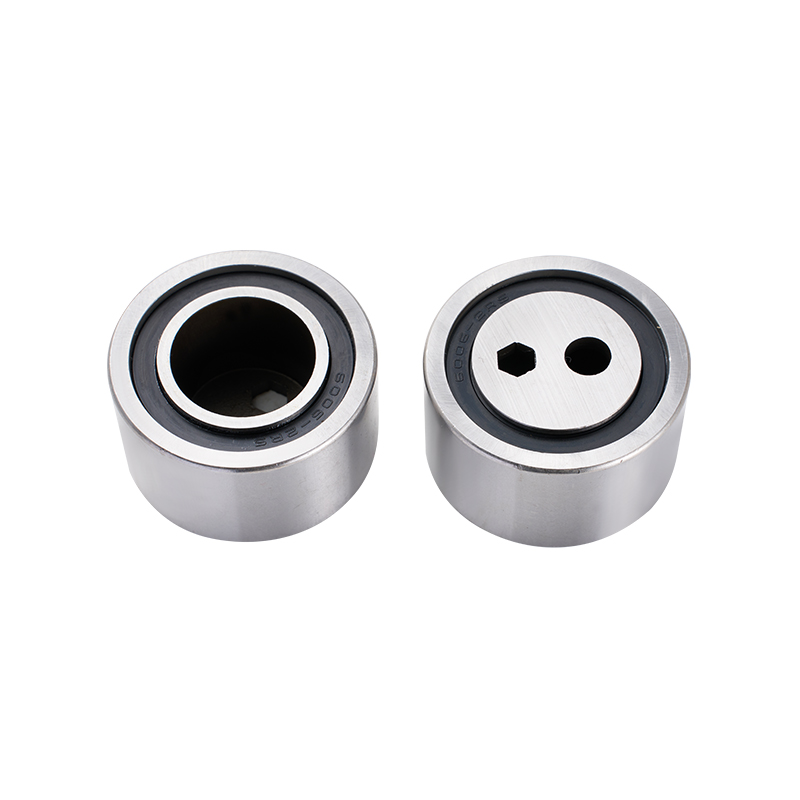
Bearings are a crucial component in engines, providing smooth rotation and reducing friction between moving parts. Among various types of bearings, the VKM13100 has gained attention for its design and reliability. Understanding how VKM13100 bearings work can help vehicle owners and mechanics appreciate their role in enhancing engine performance and efficiency.
VKM13100 bearings are designed to support rotating shafts and reduce mechanical resistance. By minimizing friction between the moving components, these bearings help the engine run more smoothly. Reduced friction not only improves the overall operation of the engine but also contributes to fuel efficiency by allowing the engine to use energy more effectively. A properly functioning bearing ensures that power generated by the engine is transmitted efficiently to other components, maintaining consistent performance under different driving conditions.
Durability is another feature that contributes to the effectiveness of VKM13100 bearings. These bearings are typically made from high-quality steel or alloys treated for wear resistance. Such materials allow the bearing to withstand continuous operation under heat and pressure without significant deformation or wear. This durability reduces the need for frequent replacements and lowers the risk of engine damage caused by bearing failure. Many manufacturers provide specifications regarding load capacity and operational limits, allowing mechanics to select VKM13100 bearings suitable for a variety of engines.
Precision is an important aspect of VKM13100 bearings. Bearings must maintain accurate alignment within the engine to prevent uneven wear and vibration. Even minor misalignment can affect engine balance, resulting in noise, reduced efficiency, or premature wear of other components. VKM13100 bearings are manufactured to strict tolerances, ensuring that they fit precisely and operate consistently over time. This precision contributes to smoother engine rotation, reducing stress on pistons, crankshafts, and other moving parts.
Maintenance and lubrication are also critical for the performance of VKM13100 bearings. Proper lubrication reduces metal-to-metal contact, preventing overheating and minimizing wear. Bearings that are adequately lubricated maintain their smooth operation longer, directly supporting engine reliability. A VKM13100 bearing manufacturer typically provides guidelines for maintenance, including recommended lubricants and replacement intervals, helping vehicle owners maintain engine performance over time.
VKM13100 bearings also play a role in vibration control and noise reduction. Engines generate significant forces as pistons move and rotate the crankshaft. Without effective bearings, these forces can cause vibrations that affect the engine's operation and comfort for the driver. By reducing friction and stabilizing rotational components, VKM13100 bearings help maintain quieter operation and more consistent engine behavior, improving the overall driving experience.
VKM13100 bearings contribute to engine performance in several ways. By reducing friction, supporting precise rotation, and withstanding high stress, they enhance efficiency and reliability. Proper installation, maintenance, and alignment ensure that the bearing continues to perform as intended, protecting other engine components and sustaining smooth operation. A VKM13100 bearing manufacturer provides detailed specifications and guidance to ensure that the bearings are used correctly, allowing engines to operate consistently and with reduced wear over time. Understanding the role of these bearings underscores their importance in maintaining engine health and performance.



 English
English русский
русский
